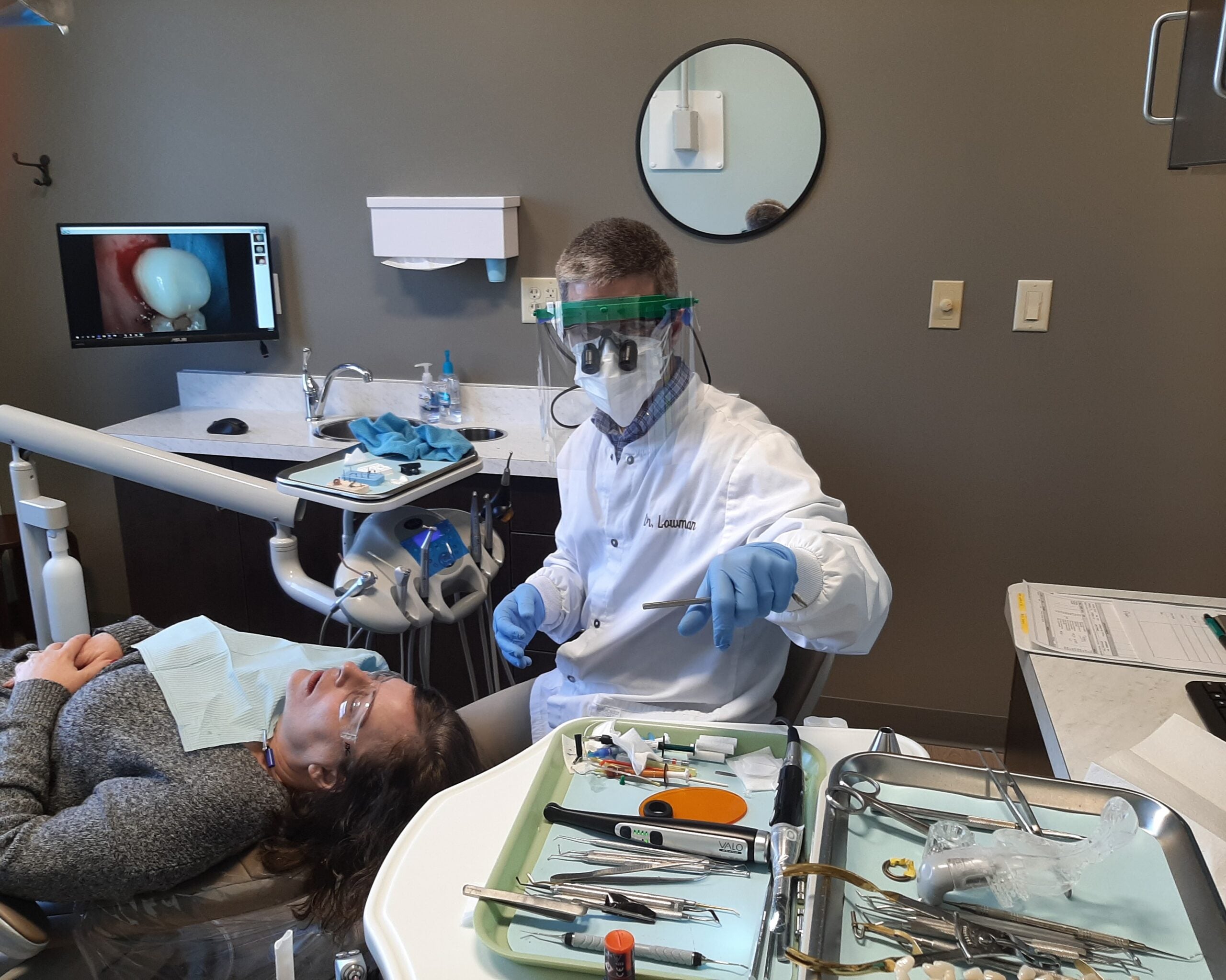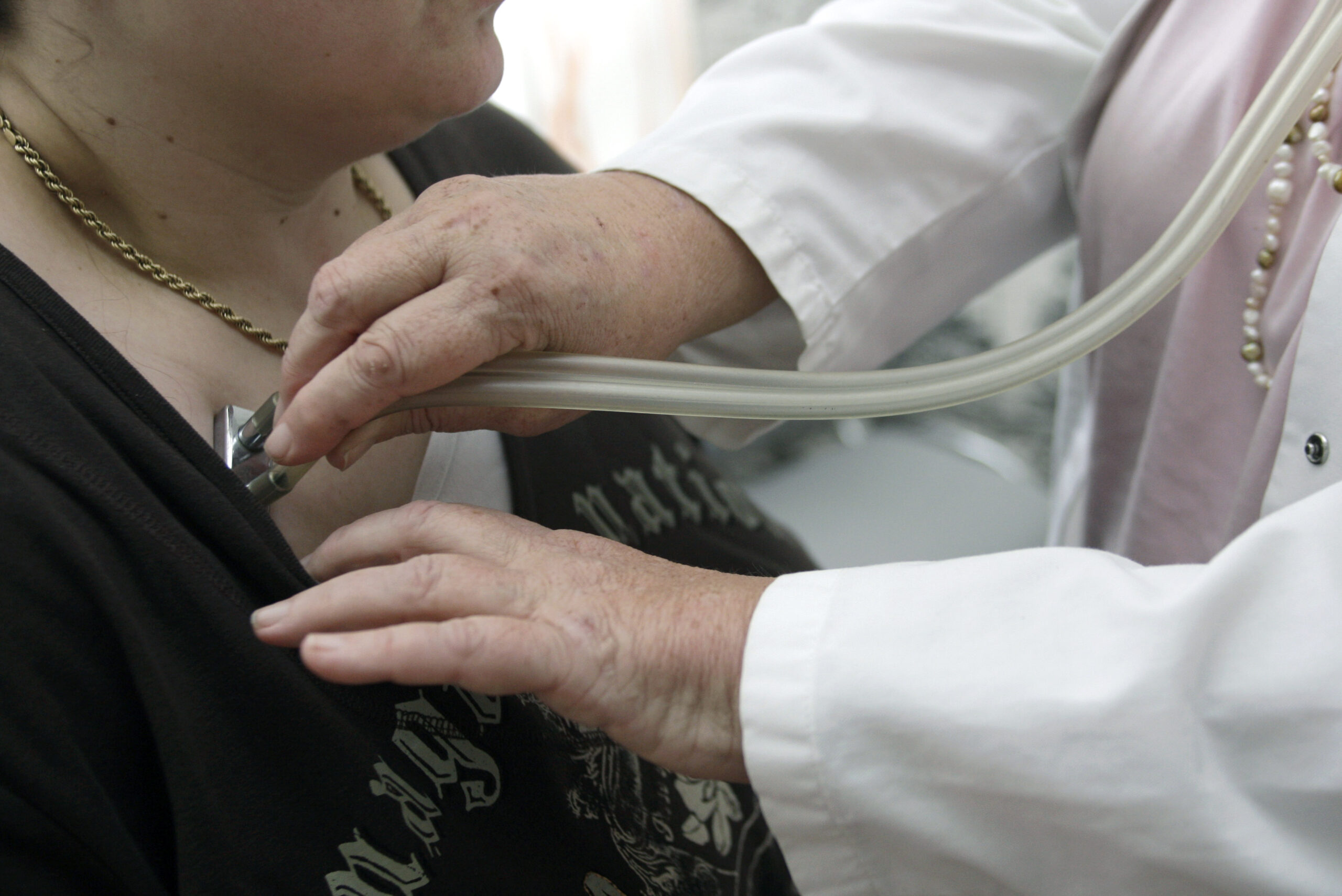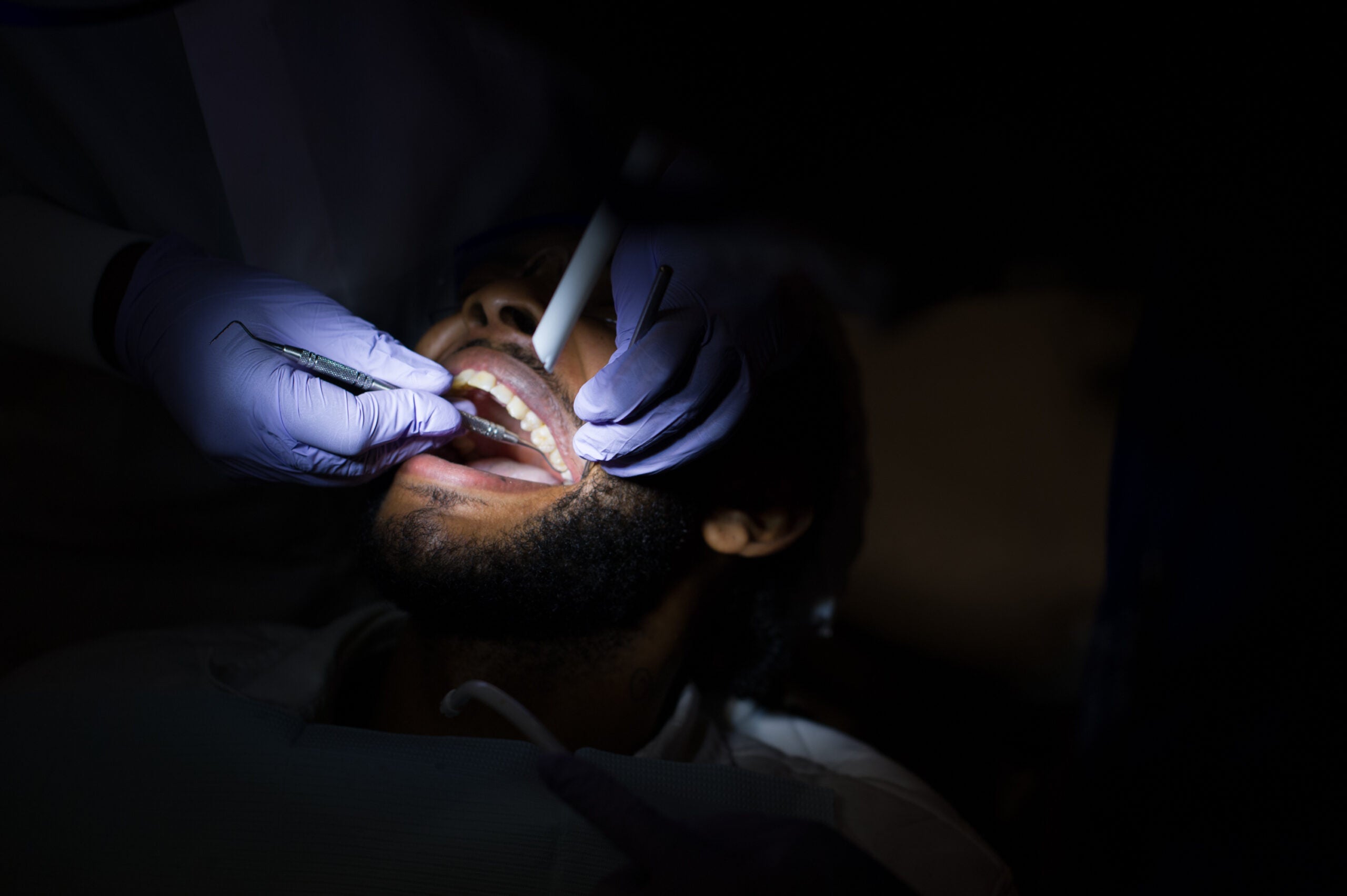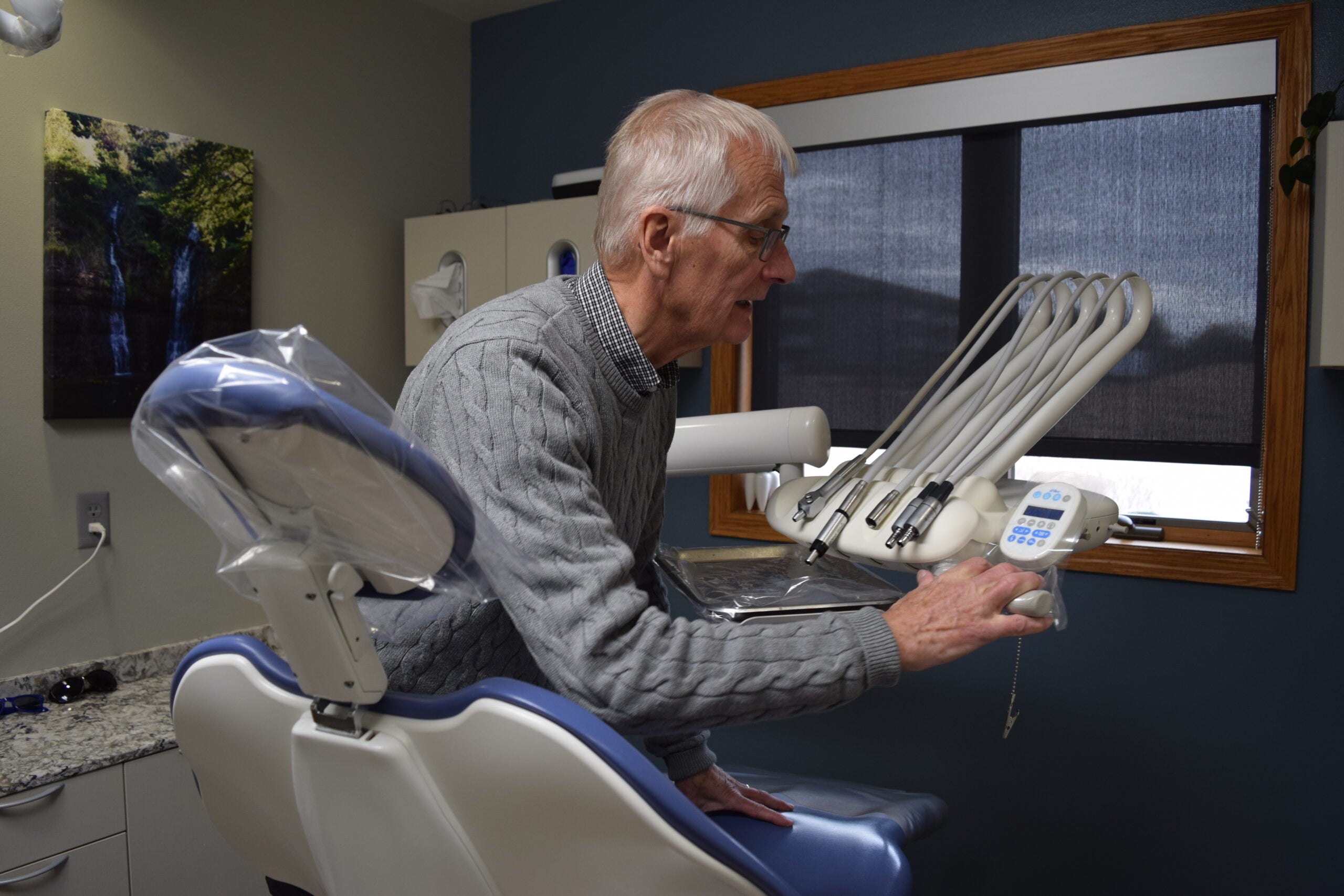Fewer students would be eligible for a state scholarship meant to alleviate health care workforce shortages under a proposed amendment to state statute.
The scholarship program offered by the State of Wisconsin Higher Educational Aids Board currently supports students enrolled in dental, psychiatry, or medical school, as well as students in a graduate program to become a physician’s assistant or nurse practitioner. In return, the students agree to work in underserved areas.
The proposed amendment would restructure the scholarship so that only students who are in dental school at Marquette University are eligible.
News with a little more humanity
WPR’s “Wisconsin Today” newsletter keeps you connected to the state you love without feeling overwhelmed. No paywall. No agenda. No corporate filter.
According to data collected from the federal Health Resources and Services Administration and the Wisconsin Department of Health Services, between 40 and 62 of Wisconsin’s 72 counties are facing a shortage of dentists.
State Sen. Patrick Testin, R-Stevens Point, authored the bill. He said the scholarships can be used as a “carrot approach” to entice people into the field.
“I don’t think it’s any secret that dentistry school is extremely expensive. For some students, the scholarship is a vital lifeline to continue on with their education and start their careers,” Testin said.
The annual scholarships provide $30,000 to a student who practices in an area with a worker shortage for 18 months. The scholarships would be awarded to up to 15 students at Marquette.
Most of Wisconsin’s counties don’t have enough dentists
An aging workforce and the pandemic prompting early retirement are two explanations for the shortage. According to the 2020 Wisconsin Dentist Workforce Report, nearly 30 percent of the workforce will leave in the next five years.
Greg Nycz, executive director at Family Health Center of Marshfield, has been invested in rural oral health care for more than 20 years. At the 10 dental clinics he oversees in north-western and north-central Wisconsin, there are 21 vacant dentist positions.
“There isn’t a shortage of dentists in Wisconsin,” Nycz said. “There’s a maldistribution of dentists in the state.”
He said many dentists look to start their careers in metro areas, where pay is more likely to offset the cost of school.
“People come out of dental school with huge debt,” Nycz said. “Most of the new dentists will locate in more affluent counties, which has certainly been the case throughout history, and mainly treat patients that can pay for their services.”
Testin said that everyone needs access to oral health care, no matter where they live.
“We really need to try and entice providers to go into these underserved areas and increase access of care for individuals to make sure that their oral health care isn’t falling behind,” Testin said.
Nycz said veterans, those living with a disability, people in rural areas and people on Medicaid are disproportionately effected by the shortage of workers.
According to the 2020 Wisconsin Dentist Workforce Report, only 29 percent of dentists care for people with Medicaid — and those providers are leaving the workforce faster than dentists who work with private insurance.
Nycz said the scholarships will improve access to underserved areas, but he worries that once dentists fulfill the requirements of the scholarship, they’ll leave for larger, metro areas. He suggests recruiting students to dental schools that come from underserved areas that he suspects are more likely to stay.
“They come from a scenario where they have experience in what it’s like to not be able to get dental care,” Nycz said. “The people (who) say, ‘Hey! I want to fix that.’”
Change to statute would eliminate scholarships for other health care workers
According to the Wisconsin Primary Health Care Association, dental hygienist, dentist and dental assistant positions have the highest community health center provider vacancy rates. But there are also shortages of physicians, behavioral health providers, physician’s assistants and nurses.
Wisconsin Primary Health Care Association and UW Health did not immediately respond to requests for comment about scholarships being diverted away from primary care.
In an email to WPR, Testin’s office said there’s a high need for oral health care, which is why he supports reserving some funds for Marquette’s dentistry students.
“Funding for other medical profession programs will still exist,” his office said. “This legislation is needed so that dentists are incentivized to settle in rural communities throughout the state.”
The proposed amendment leaves other High Education Aids Board grants and loans for primary care providers and psychiatrists untouched.
The Joint Committee on Finance proposed creating a similar scholarship as an amendment to the 2019 budget. After the amended bill passed both houses of the legislature, Gov. Tony Evers partially vetoed various words in the bill so that the scholarship would apply to students generally, not only dentistry students, who practice in a health shortage area after graduating.
Once again, legislators are trying to make a similar amendment so only dentistry students would be eligible. The bill passed the Committee on Health in an executive session on Dec. 19.
“It is not going to be enough to solve the problem, but there’s no silver bullet to this,” Nycz said.
Wisconsin Public Radio, © Copyright 2025, Board of Regents of the University of Wisconsin System and Wisconsin Educational Communications Board.







